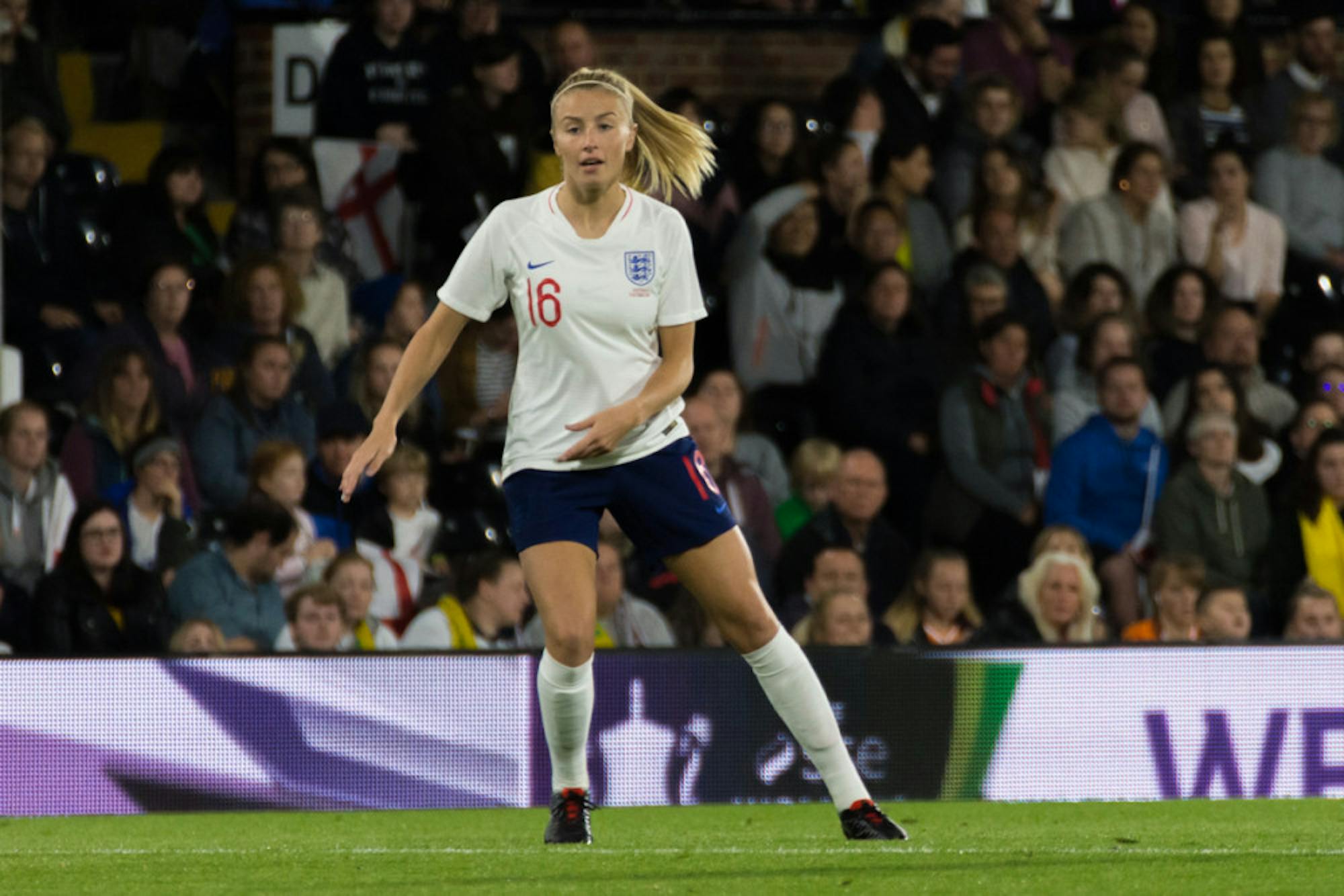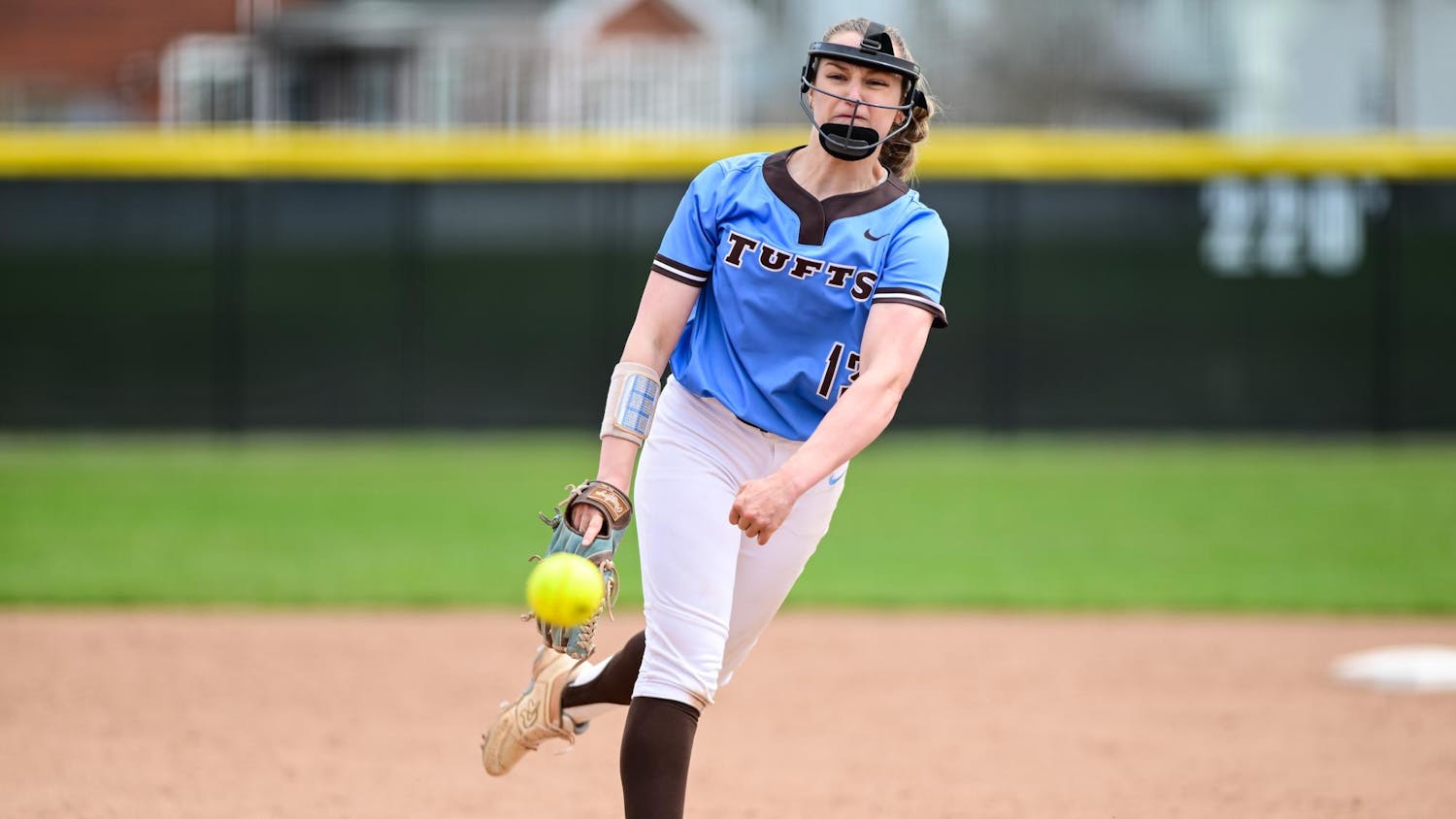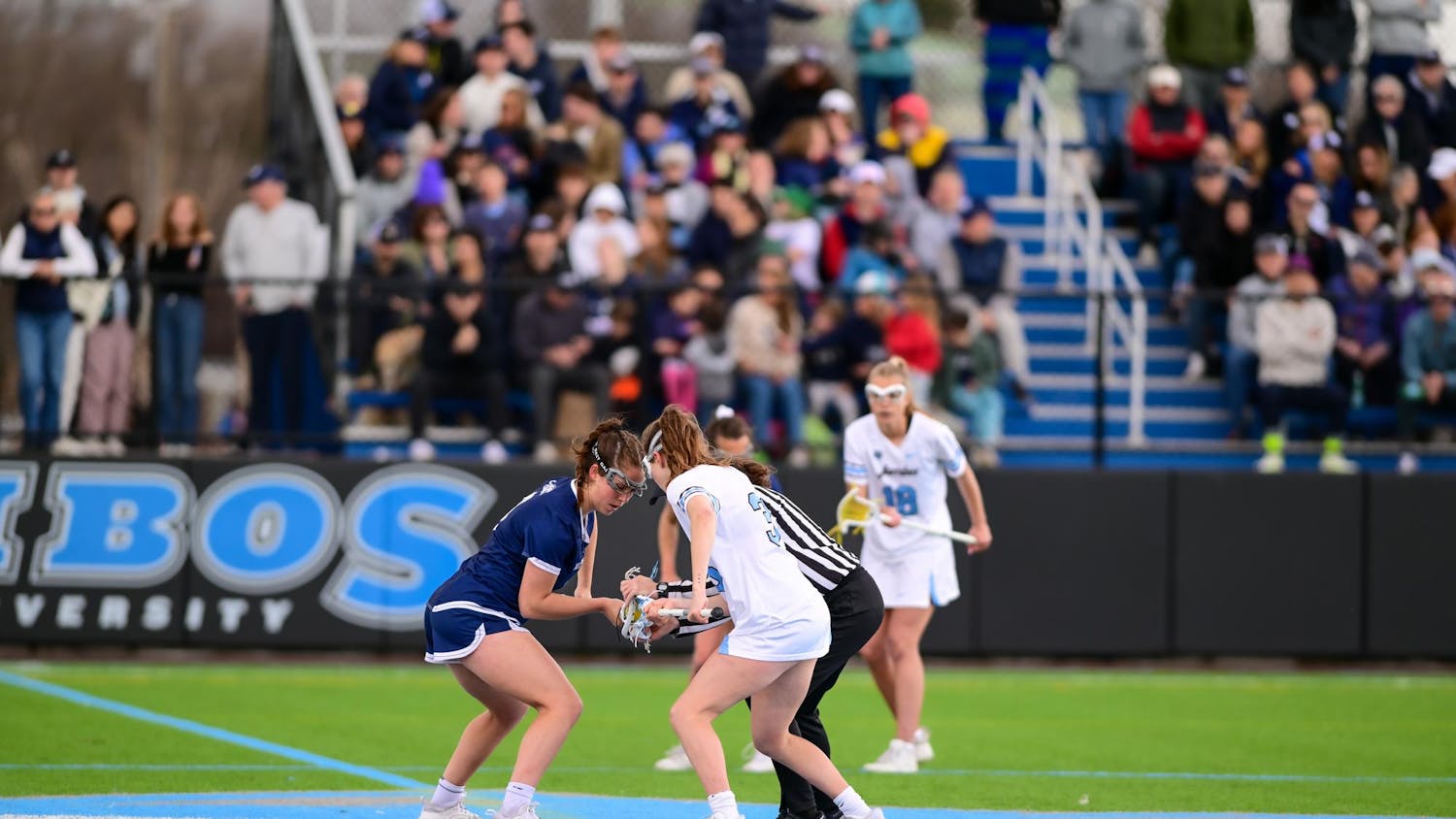About 50 miles northwest of London, on the outskirts of the city of Milton Keynes, lies the small town of Newport Pagnell. Home to just 15,000 people — one-fourth of the capacity of Arsenal’s iconic Emirates Stadium — the town is dwarfed both in size and history with its only real ‘achievement’ being its role as birthplace of the luxury sports car company Aston Martin. Today, the town can proudly celebrate another local story as home to England national team captain and newly crowned European football champion, Leah Williamson.
Williamson’s love for the game began at a young age. As a 6-year-old, she recalls kicking around with boys after her gymnastics lessons in school. Once she found a ball, there was no looking back. In spite of girls’ football being a mere afterthought for most around her, Williamson was never discouraged and joined local boys’ team, Scots Youth. It was there on the muddy, damp, over-grown pitches that Williamson began her footballing journey. As the only girl, it was hard breaking into the team’s culture. Acceptance wasn’t easy. Fearing injury, her mother made Leah wear a gum shield, something she hated doing. When fouled, Leah would notice parents giving dirty glances and abuse from the sidelines, so she decided to do her talking on the field. Scoring goals and dribbling effortlessly through players half her size slowly wowed her coaches and teammates. In a recent documentary by i-D and Nike, Williamson said, “I knew if I scored, that’s what hurt the most. What you can never ever respond to is if you lose.” She had earned her equality.
In 2006, Williamson followed her academy coach to Arsenal’s Center of Excellence and slowly rose through the ranks. As a child, Williamson’s idol was Arsenal and England forward Kelly Smith, and coming from a family of Gunners fans, wearing the famous red and white felt extra special. In March 2014, just a day after her 17th birthday, Leah made her senior debut for the club in a hard-fought Champions League quarterfinal against Birmingham City. Thrown straight into the deep end, Williamson quickly matured into an effective, ball-winning defensive player, and was looked up to by other players in the squad. Former England captain Faye White (2002–2012) emphasizes Williamson’s humility, stating that “she has that understanding that it’s not all about her. It is about bringing other people in … giving them a voice.” In her tenure at Arsenal, Williamson has collected almost every domestic title there is to win, including the Football Association Cup and Women’s Super League. On the international stage, Williamson captained England’s U-15, U-17, and U-20 teams in major tournaments before being called up to the first team in November 2017.
As a player, Williamson’s versatility gives her an edge. Playing in both midfield and defense under England national team manager Sarina Wiegman, Williamson has cemented herself as a key part of the squad. Primarily a left center back, although she plays on the right for Arsenal, Williamson wins roughly 70% defensive duels per match. An intelligent game reader, Williamson never over-commits and minimizes the amount of tackles due to her ability to intercept passes, making 4.5 interceptions per game. In Euro 2022, Williamson recovered the ball 46 times without making a single reckless tackle. With experience in multiple positions, Williamson’s composure and ball-carrying ability separate her from the classic, physically imposing center-back.
In the last few months, women’s football has changed forever with Williamson at the forefront, both on and off the field. This summer, the England Lionesses defeated Germany in the final of the Euro 2022. Throughout the tournament, this fiery group of players won the nation’s heart with their passionate display, battling against Europe’s best teams. The final, held in Wembley Stadium, witnessed an incredible 87,192 fans “beating the highest recorded total in either the men’s or women’s editions of the tournament,” according to The Athletic. Over the years, England fans have been mocked for their continuous “it’s coming home!” chants, most recently with the men’s team falling to Italy in the final of Euro 2021. Williamson and Co. have broken this curse and brought England its first major title since the World Cup in 1966.
This historic victory has unrooted decades worth of oppression toward the women’s game and although attitudes have shifted in recent years, especially on the back of Euro 2022, there is still a battle to be fought. More than two-thirds of Premier League clubs have fully male boards, while women tend to attend fewer games in England compared to other countries. In her post-match interview, Williamson talked about the legacy of this tournament fueling a “societal change” and this moment being the start of something special. According to The New York Times, major clubs like Manchester United and Chelsea have “poured millions of dollars into their women’s programs in recent years” in an effort to match the success of the United States.
Leah Williamson inspires. From walking out as a tiny mascot for Arsenal and fearlessly tackling boys to leading her country to glory, she has lit a path for a generation of girls with sporting dreams. There was a time when women’s football was banned by the Football Association, who deemed it “quite unsuitable for females,” but today it stands alone as the pride of a nation. A nation led by a small girl from Milton Keynes who dared to dream.






